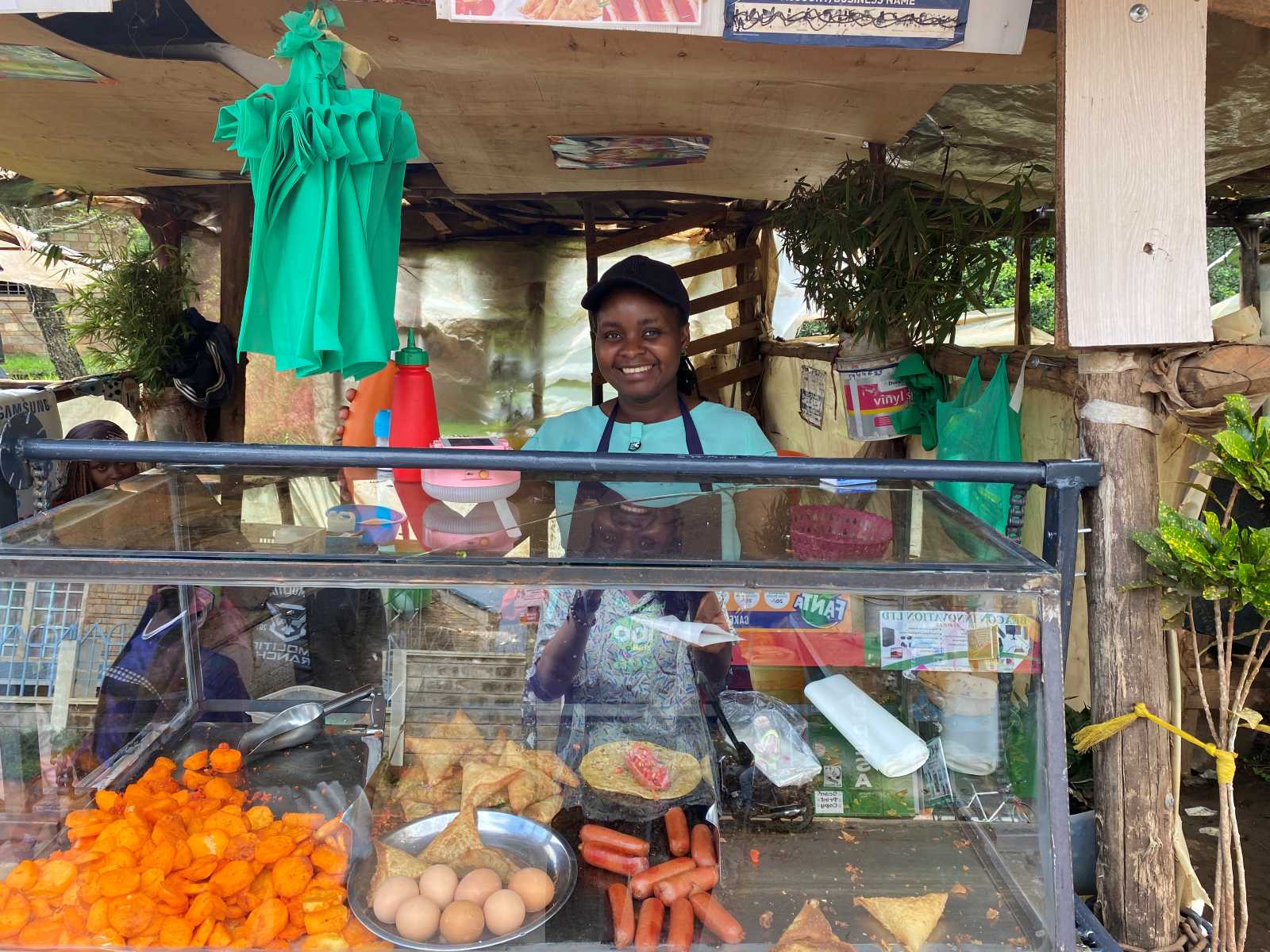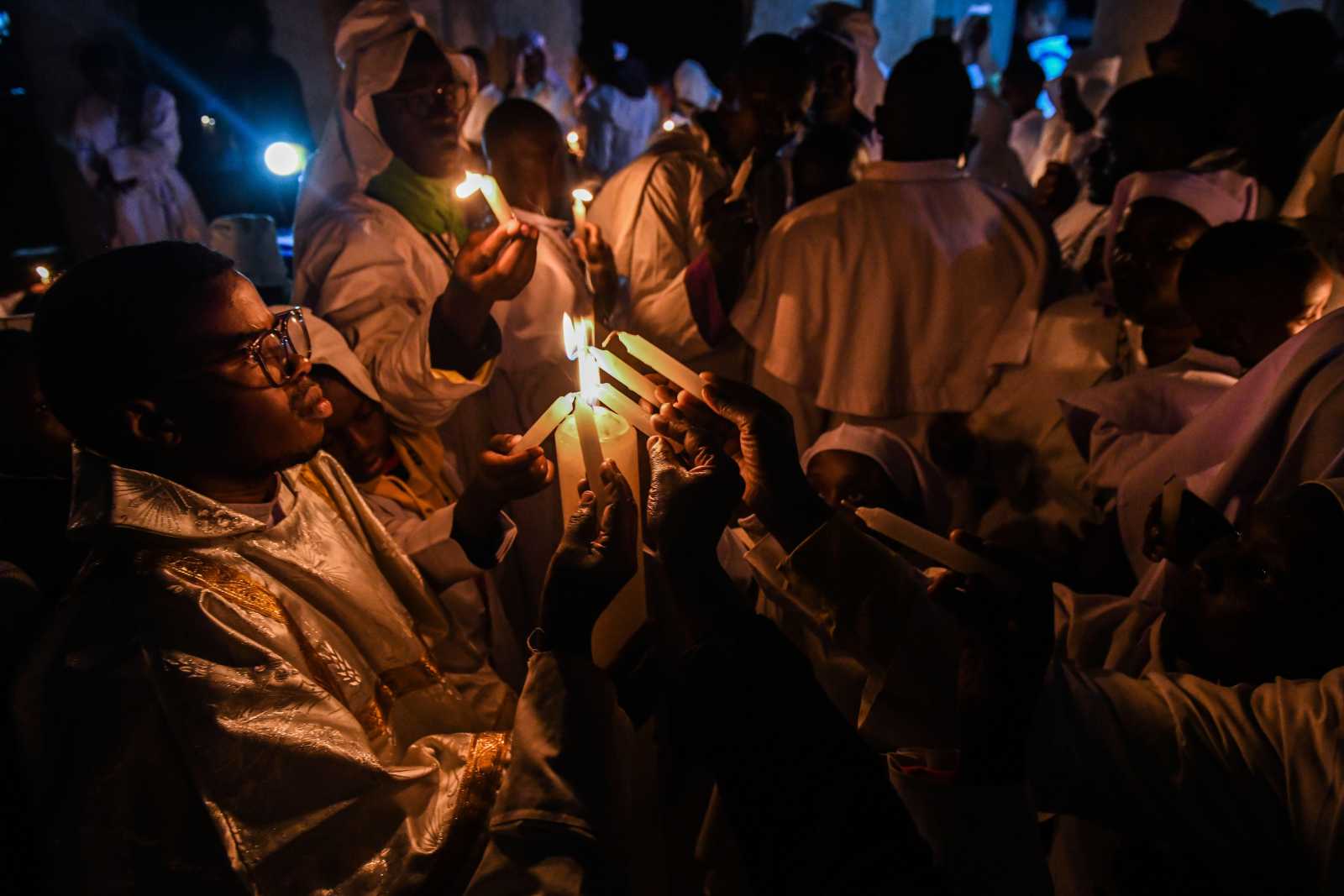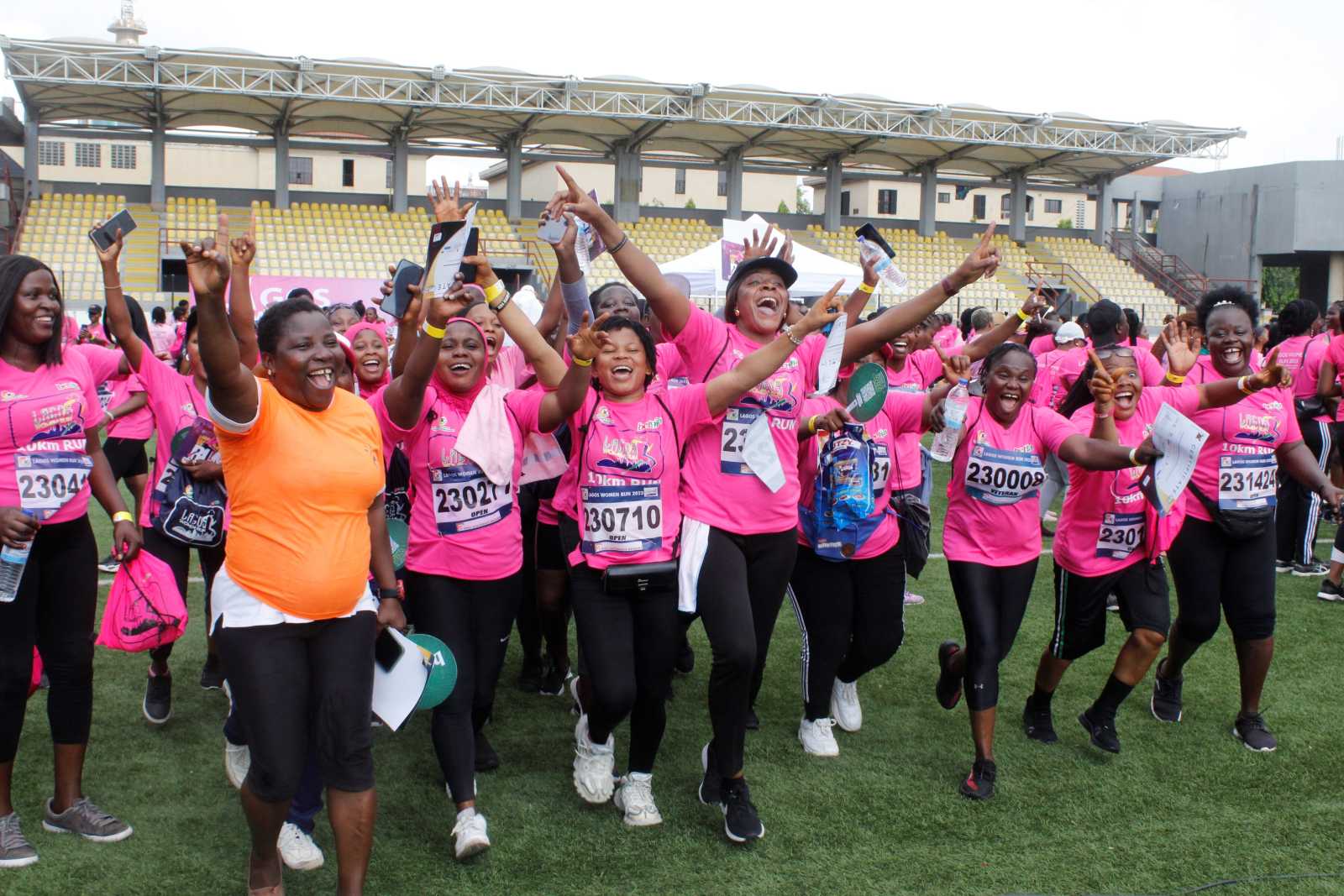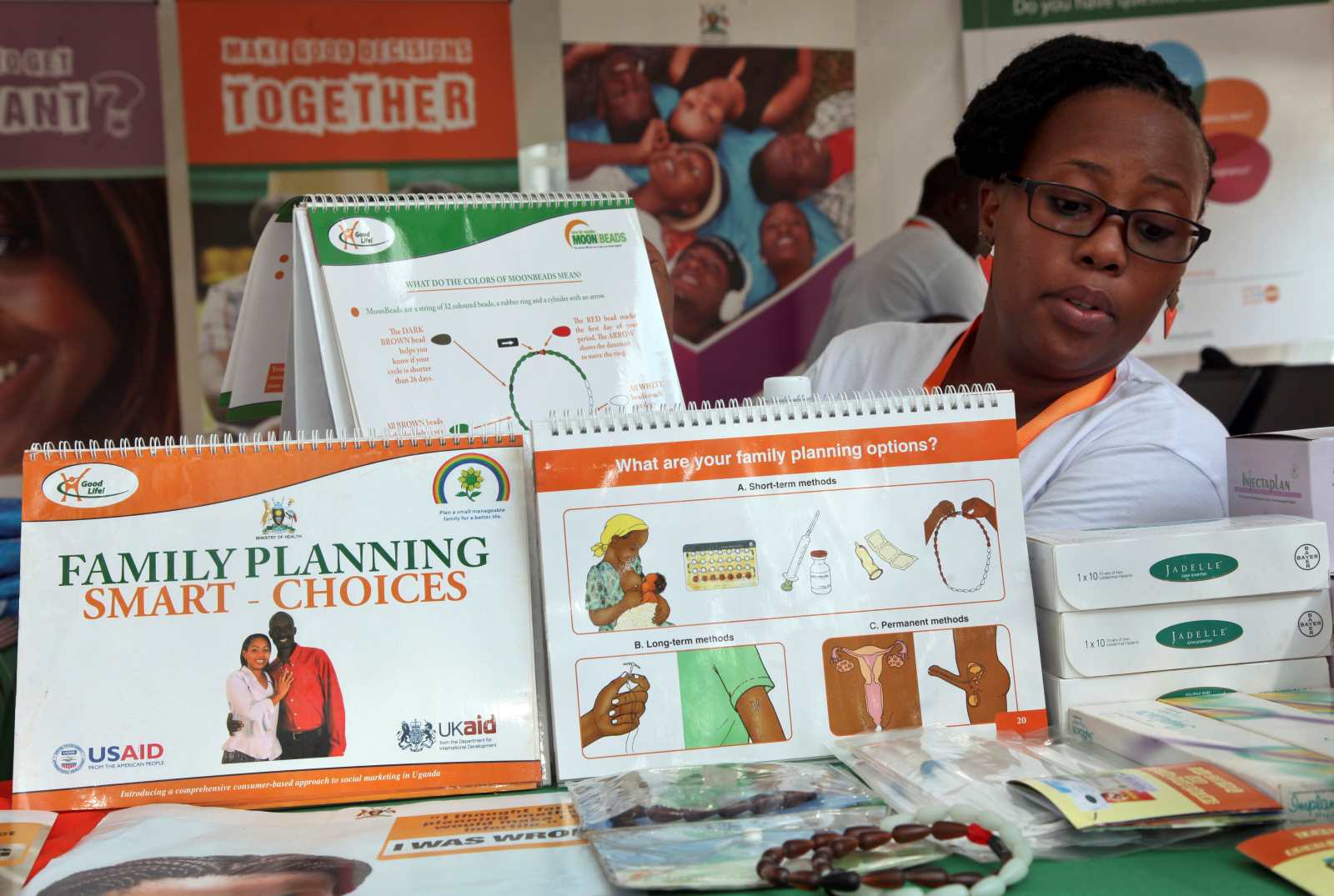Resilience
What’s behind the legendary resilience of young Africans?
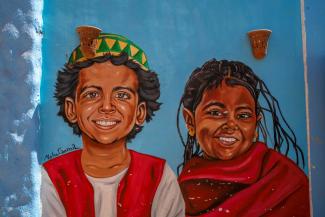
Jude is the second of four siblings in his family. He lost both his parents when he was eight years old. In his village, the house they had lived in collapsed after heavy rainfall, forcing them to move into the unfinished house their parents had started building.
Responsibility for Jude and his siblings fell to their 78-year-old grandmother. As a devout Christian, she ensured the children attended church and participated in youth activities. The entire family worked hard. Since they could not afford help, the children learned to manage their small farm whenever they were not in school. They grew food, fetched water from the river at the bottom of the valley, gathered firewood and did all the housework. Jude went one step further and took on odd jobs in the village. Later, he enrolled in a day school, which meant walking nearly 10 kilometers each way every day. His grandmother supported him with what little she had, and occasionally a benefactor sent help. Jude studied diligently, and when he completed his education, the school began hiring him for jobs such as organising tools in the science lab.
With his meagre earnings, he managed to enrol in a teacher training course as part of a vacation programme and qualified a few years ago. Jude has finished his parents’ house project and is currently building his own house on the property. Young people from the church occasionally visit to assist him with his projects. Sadly, his grandmother died last year at the age of 100. He plans to get married soon.
Resilience factors
What factors contributed to Jude’s resilience? First and foremost, the young man received emotional support from his grandmother. He and his siblings worked closely together, supporting each other. He was never alone. The elderly woman provided him a safe environment in which he could discuss his problems. His friends and extended family formed a strong network that embodies the old African saying that it takes a village to raise a child.
Furthermore, it is traditional in many African cultures for people to strive to preserve their family line; as the only male child, Jude is central to his family’s legacy. He accepted the responsibility of carrying on the family name, giving him a purpose he couldn’t abandon. Then there’s the aspect of religion: Jude is a Christian and believes that his faith in God is his source of strength.
Resilience refers to a person’s ability to successfully adapt to stress factors and thus maintain their psychological well-being despite adverse circumstances. It is the ability to recover from difficult life experiences.
Like Jude, many young people in Africa face numerous daunting challenges, including loss and grief, poverty, unemployment, political instability and lack of access to quality education and healthcare. Others are impacted by climate change, conflict and discrimination. But while the mental health of young Africans is certainly complex and multifaceted, it is fair to say that many are remarkably mindful and resilient.
Sociocultural context: Ubuntu
The sociocultural context has a significant impact on the mental health and resilience of African youth. Many African societies place great value on community spirit and mutual support, creating a safety net for young people. Older generations do not abandon young people. It is rare for adolescents to be sent out into the world at the age of 18 to fend for themselves.
Family celebrations such as weddings, funerals and rites of passage make young people aware that they are continuing the legacy of their parents, whether living or deceased, and their families. These community events strengthen family structures and enhance social networks, fostering a sense of belonging and support that can help alleviate feelings of isolation and anxiety. According to cultural scientists, community activities and traditional ceremonies and rituals serve not only as experiences that boost social cohesion, but also as opportunities to express emotions, thereby empowering those who are struggling.
This emphasises cultural values such as strength, perseverance and adaptability, which foster a resilient mindset among young people. Africanists highlight the idea of “Umuntu” or “Ubuntu,” which stresses compassion and interconnectedness rather than individualism and is reinforced through shared experiences. Individuals are encouraged to seek community and support each other, not just during difficult times, thereby enhancing collective resilience.
Entrepreneurial spirit
However, not everyone in Africa can rely on typical community support networks. Moses is an Uber driver and the eldest child in his family. At the age of 16, he lost both his parents to Covid-19. He has two younger brothers. Moses did not have a traditional extended family to support him, as his parents moved to the city when they were young and lived in a slum, far from the social structures of village life.
Faced with the responsibility of caring for his siblings, he left school and took a job as a labourer, lugging stones and mixing concrete on a construction site. The contractor, who also owned a hardware store, noticed his hard work and dedication and eventually hired him as the store manager. With his earnings, Moses financed his siblings’ education. He also took driving lessons, passed his driving test and managed to save enough money for a down payment on his first car. Today, he is a successful Uber driver, has paid off one car and has a second one on credit. He plans to expand his fleet. As for his brothers, the second-born has graduated from college and is working, while the youngest is still studying. Moses, a devout Christian, is married and has one child.
He is an example of how many young people in Africa, despite the significant economic challenges the continent faces, engage in entrepreneurial activities that sharpen their mental focus and increase their resilience. In Kenya, for example, working hard despite adversity has become a way of life known as “hustling”. In this sense, the informal economy and entrepreneurship enable young people to take control of their economic future, enhancing their self-efficacy and motivation. It also gives them a sense of pride. Studies indicate that entrepreneurial involvement can positively affect mental health by providing a sense of purpose and achievement.
Spirituality
Spirituality is deeply embedded across all generations in Africa. For example, many young Africans turn to spiritual practices such as prayer, which can provide comfort and a sense of control over their circumstances. Numerous studies have linked spirituality and religion to resilience, as they can offer hope, meaning and a framework for coping with life’s challenges.
The role of social media
The rise of technology and social media has significantly influenced the mental health of African youth. While it is right to be concerned about negative aspects such as cyberbullying, social media nonetheless provides another platform in the African context for networking, information sharing and strengthening mental health. Social media facilitates networking and the creation of support systems, thereby augmenting the Ubuntu way of life and extending it into the online world.
Online communities such as WhatsApp groups can support individuals by providing a space where they can share their experiences and coping strategies and maintain a sense of community even across long distances. A significant number of young Africans tend to use social media differently than some of their Western peers: not as a medium for comparison or for spreading hatred and malice but focusing rather on its “social” aspect. This was evident not least in the support systems during the recent Kenyan youth-led protests, which relied on such social-media platforms.
Recognising and supporting all these factors is crucial to improving the mental wellbeing of young people across the continent and will ultimately pave the way for a better future for individuals and communities.
References
Ajitoni, B. D., 2024: Ubuntu and the Philosophy of Community in African Thought: An Exploration of Collective Identity and Social Harmony. Journal of African Studies and Sustainable Development, 7, 3. ISSN Online: 2630-7073.
www.apas.africa/journals.php
Naslund, J.A., Bondre, A., Torous, J., & Aschbrenner, K.A., 2020: Social media and mental health: benefits, risks, and opportunities for research and practice. Journal of Technology & Behavioral Science, 5, 245–57.
https://doi.org/10.1007/s41347-020-00094-8
Tisu, L., Virga, D., & Taris, T., 2023: Entrepreneurial well-being and performance: antecedents and mediators. Organizational Psychology, 14.
https://doi.org/10.3389/fpsyg.2023.1112397
Gladys K. Mwiti is a clinical psychologist and founder of Oasis Africa Wellness in Nairobi.
glmwiti@oasisafrica.co.ke

